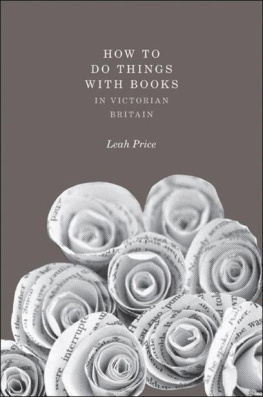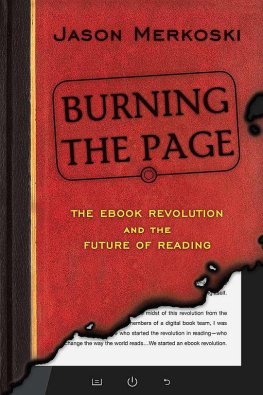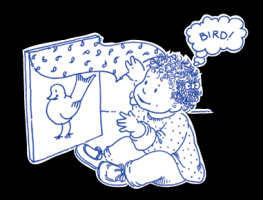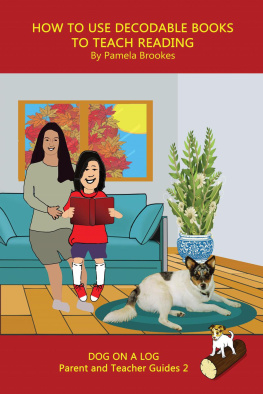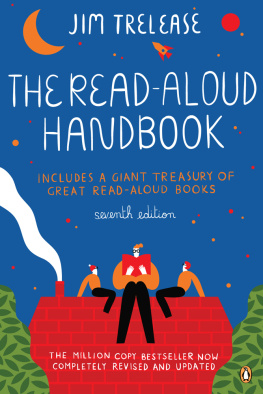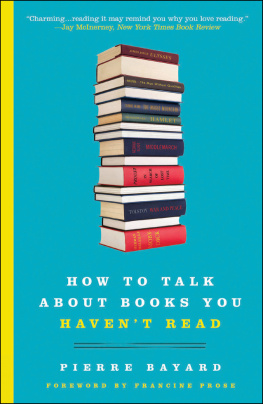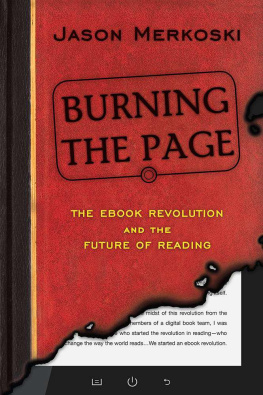Leah Price - What We Talk About When We Talk About Books: The History and Future of Reading
Here you can read online Leah Price - What We Talk About When We Talk About Books: The History and Future of Reading full text of the book (entire story) in english for free. Download pdf and epub, get meaning, cover and reviews about this ebook. year: 2019, publisher: Basic Books, genre: Art. Description of the work, (preface) as well as reviews are available. Best literature library LitArk.com created for fans of good reading and offers a wide selection of genres:
Romance novel
Science fiction
Adventure
Detective
Science
History
Home and family
Prose
Art
Politics
Computer
Non-fiction
Religion
Business
Children
Humor
Choose a favorite category and find really read worthwhile books. Enjoy immersion in the world of imagination, feel the emotions of the characters or learn something new for yourself, make an fascinating discovery.

- Book:What We Talk About When We Talk About Books: The History and Future of Reading
- Author:
- Publisher:Basic Books
- Genre:
- Year:2019
- Rating:4 / 5
- Favourites:Add to favourites
- Your mark:
What We Talk About When We Talk About Books: The History and Future of Reading: summary, description and annotation
We offer to read an annotation, description, summary or preface (depends on what the author of the book "What We Talk About When We Talk About Books: The History and Future of Reading" wrote himself). If you haven't found the necessary information about the book — write in the comments, we will try to find it.
Do you worry that youve lost patience for anything longer than a tweet? If so, youre not alone. Digital-age pundits warn that as our appetite for books dwindles, so too do the virtues in which printed, bound objects once trained us: the willpower to focus on a sustained argument, the curiosity to look beyond the days news, the willingness to be alone.
The shelves of the worlds great libraries, though, tell a more complicated story. Examining the wear and tear on the books that they contain, English professor Leah Price finds scant evidence that a golden age of reading ever existed. From the dawn of mass literacy to the invention of the paperback, most readers already skimmed and multitasked. Print-era doctors even forbade the very same silent absorption now recommended as a cure for electronic addictions.
The evidence that books are dying proves even scarcer. In encounters with librarians, booksellers and activists who are reinventing old ways of reading, Price offers fresh hope to bibliophiles and literature lovers alike.
Leah Price: author's other books
Who wrote What We Talk About When We Talk About Books: The History and Future of Reading? Find out the surname, the name of the author of the book and a list of all author's works by series.

